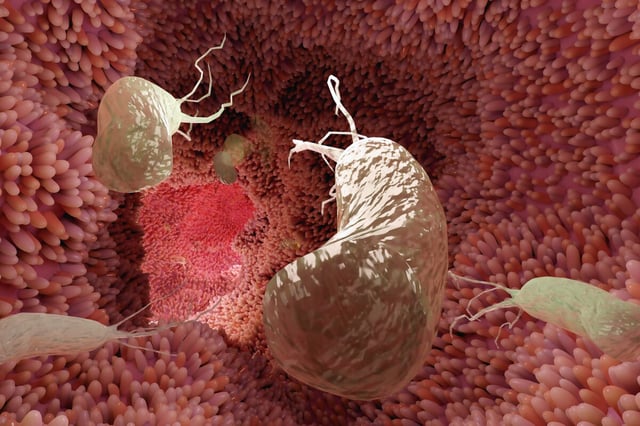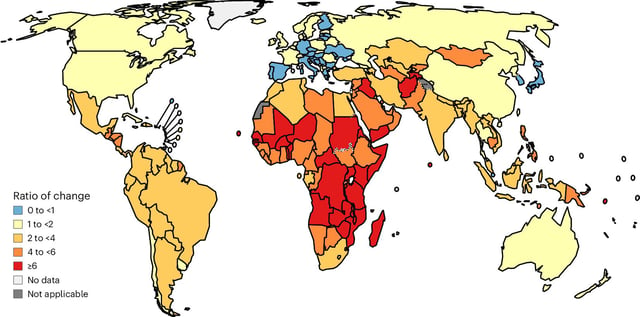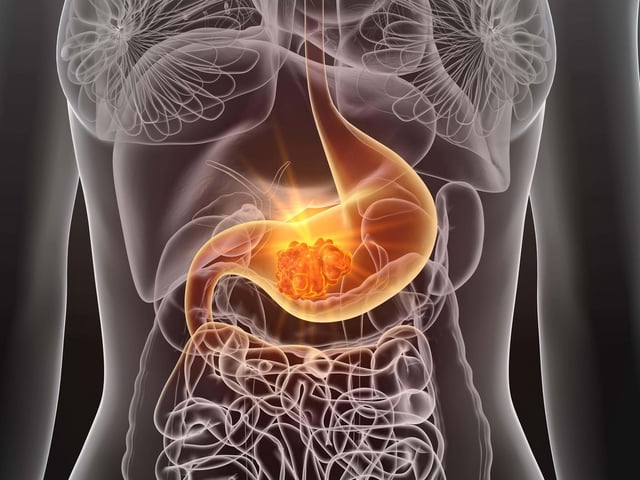Overview
- The IARC study estimates 15.6 million people born between 2008 and 2017 will develop gastric cancer in their lifetimes.
- Researchers attribute 76% of those cases to Helicobacter pylori infection, a treatable bacterium detected by blood, breath or stool tests.
- Modeling shows that population-level H. pylori screen-and-treat programs could reduce future gastric cancer cases by up to 75%.
- Asia is projected to account for 10.6 million cases (68% of the total), with the Americas, Africa and Europe facing 13%, 11% and 8% of the burden respectively.
- The study’s authors and Cancer Research UK are urging pilot screening initiatives, targeted public health investments and accelerated development of an H. pylori vaccine.



